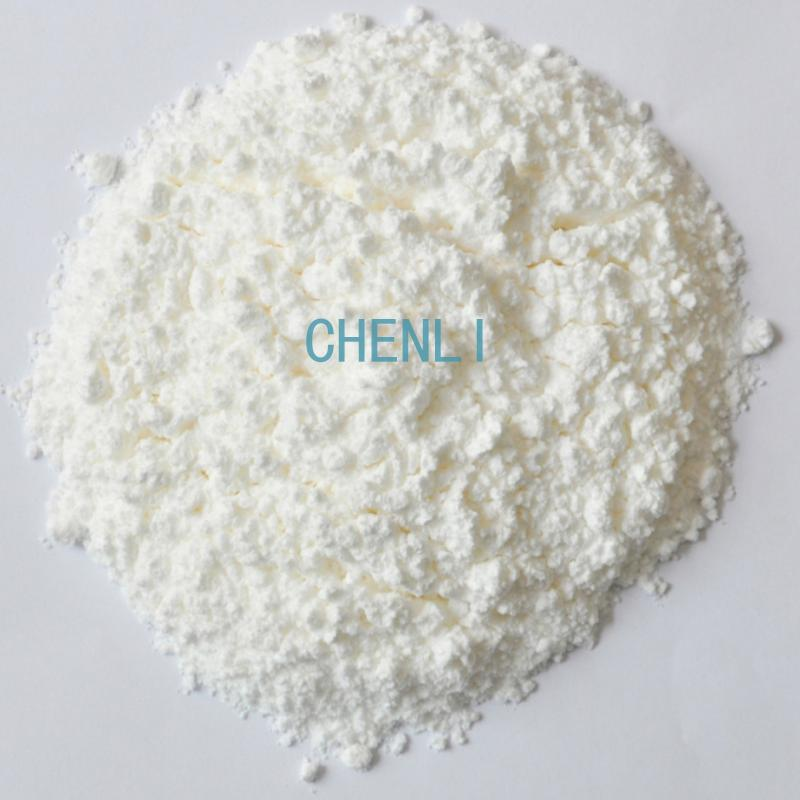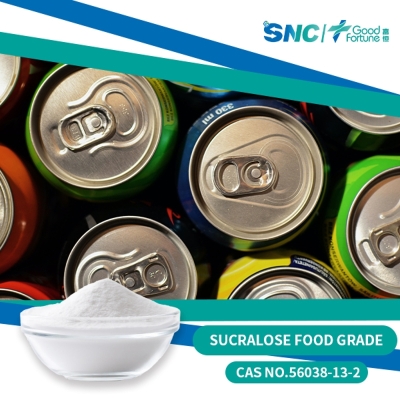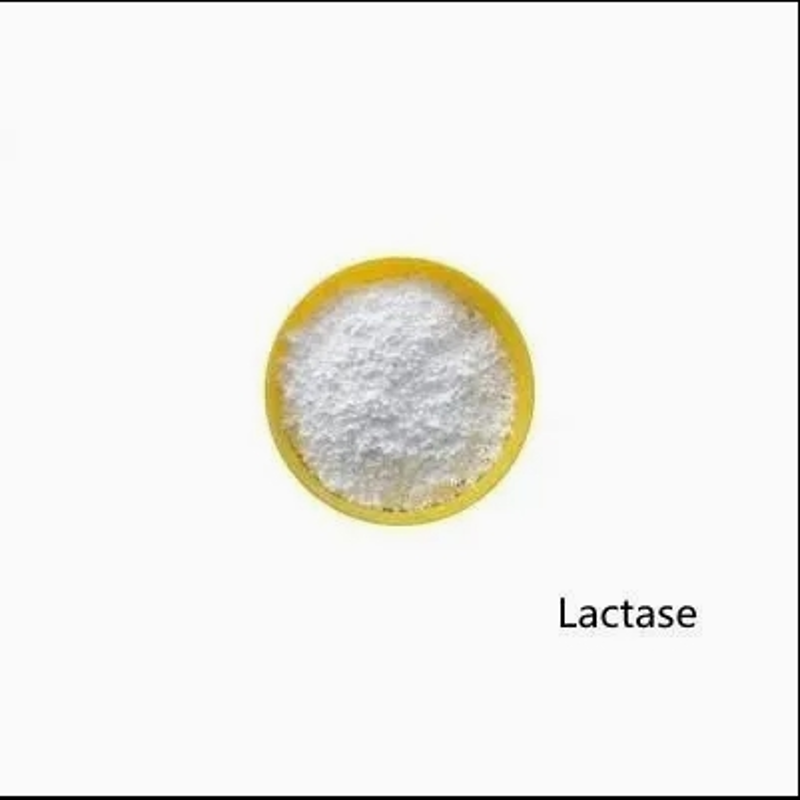-
Categories
-
Pharmaceutical Intermediates
-
Active Pharmaceutical Ingredients
-
Food Additives
- Industrial Coatings
- Agrochemicals
- Dyes and Pigments
- Surfactant
- Flavors and Fragrances
- Chemical Reagents
- Catalyst and Auxiliary
- Natural Products
- Inorganic Chemistry
-
Organic Chemistry
-
Biochemical Engineering
- Analytical Chemistry
-
Cosmetic Ingredient
- Water Treatment Chemical
-
Pharmaceutical Intermediates
Promotion
ECHEMI Mall
Wholesale
Weekly Price
Exhibition
News
-
Trade Service
Food Partners.com According to the European Food Safety Authority (EFSA), the European Union Food Safety Authority (EFSA) recently issued an opinion on the safety of a α-amylase (alpha-amylase) for the production of starch, glucose syrup and distilled alcohol.
this α-amylase is a food enzyme produced using genetically modified herbicobacteria.
the safety of this type of α by a team of experts from the European Union's Food Safety Authority.
expert group assessed that the α-amylase was not a safety issue within the expected maximum usage range, which is expected to be 1189 mg TOS/kg body weight per day.
of the article is as follows: The foodase is α-amylase (4-α-D-glucan glucanohydrolase; EC 3.2.1.1) produced with a genetically modified Bacillus licheniformis strain NZYM‐AN by Novozymes A/S. The genetic modifications do not give rise to safety concerns. The food enzyme does not contain the production organism or recombinant DNA; therefore, there is no safety concern for the environment. The α‐amylase is intended to be used in starch processing for the production of glucose syrups and distilled alcohol production. The Panel's contents are the conditions of this repeated dose 90-day oral toxicity study the no observedd adverse effect level (NOAEL) was highest dose tested, which corresponds to 1,189 mg TOS/kg bw per day. This article was edited by Food Partners.com Food Information Center for netizens' reference, welcome to reprint, reprint please indicate the source! If you have any questions, news@foodmate.net.
。







